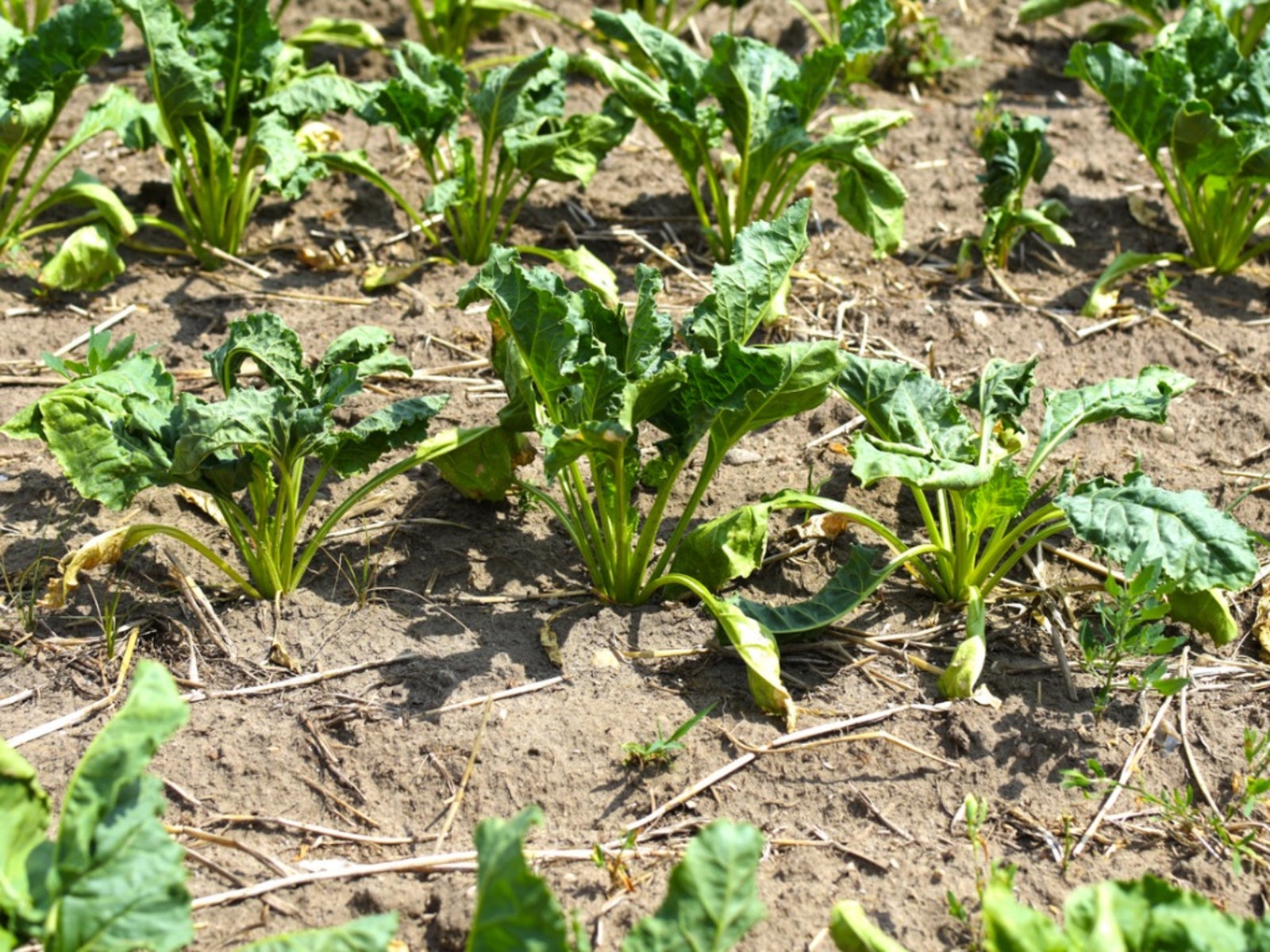Sick Swiss Chard Plants: Identifying Signs Of Swiss Chard Disease


Sign up for the Gardening Know How newsletter today and receive a free copy of our e-book "How to Grow Delicious Tomatoes".
You are now subscribed
Your newsletter sign-up was successful
Swiss chard diseases are not numerous, but just one of them can wipe out your crop for the year. If you know about these diseases and pests though, you can take steps to prevent or treat them and save your harvest.
Preventing Swiss Chard Diseases
Infections are more likely to spread and take root when plants are close together, so give your chard plenty of space. One plant should not be touching another. Chard likes moisture and will taste bad after a drought but standing water can increase the chances of infection. Avoid overwatering and make sure your soil drains well. You can also use row covers to protect your plants from insects.
Signs of Swiss Chard Disease
There are steps you can take to try to prevent disease and pests, but even with your best efforts you may end up with sick Swiss chard. Know the signs of some of the more common diseases so you can recognize and treat them quickly: Cercospora leaf spot. This fungal infection causes round, gray to brown spots on chard leaves. If the air is humid, the spots will develop a fuzzy outer layer. Powdery or downy mildew. Also fungal infections, these diseases cause a grayish fungal growth on leaves. The leaves are also likely to twist and grow abnormally. Beet curly top virus. If your chard has developed this viral infection, you’ll see older leaves yellowing, thickening, and curling. Flea beetles. This pest is a small insect that ranges in color from black to gray or even a bluish color. The insects feed on the leaves, so you’ll see shallow pits and small holes. Leafminer. The larvae of this insect tunnels through chard leaves creating lines and blotches that turn from opaque to brown over time.
How to Treat Diseased Swiss Chard
When treating chard plant diseases, keep in mind that the quicker you act, the more likely you will be able to save your harvest. If you see signs of disease or pests on leaves, remove them to prevent its spread to other leaves. Pull out any plants that continue to worse or don’t improve after a week. With fungal infections like mildew, you can try treating plants with a fungicide. Ask at your nursery for the right product to use on chard. You can also use an insecticide to treat pest infestations. When you have sick Swiss chard, treatment may help but also may not be enough to save your plants. Prevention is always better and means avoiding the use of chemicals in your garden as well.
Sign up for the Gardening Know How newsletter today and receive a free copy of our e-book "How to Grow Delicious Tomatoes".

Mary Ellen Ellis has been gardening for over 20 years. With degrees in Chemistry and Biology, Mary Ellen's specialties are flowers, native plants, and herbs.